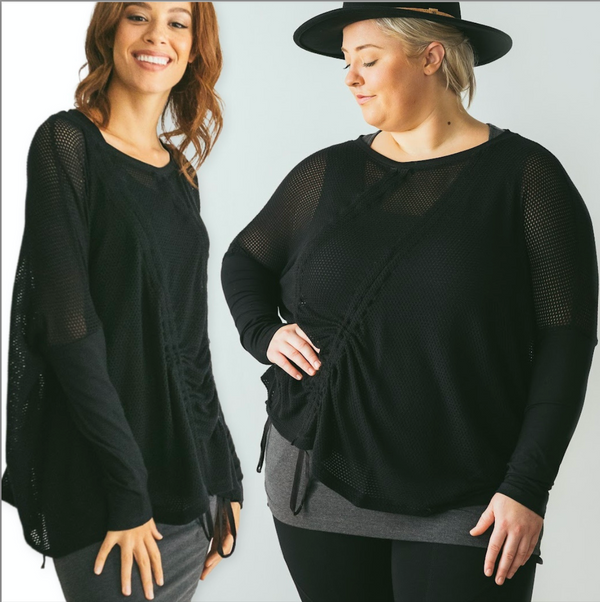Your Cart is Empty
we are making a big life change and will not be able to continue running the company inventory will be updated end of November
we are making a big life change and will not be able to continue running the company inventory will be updated end of November


